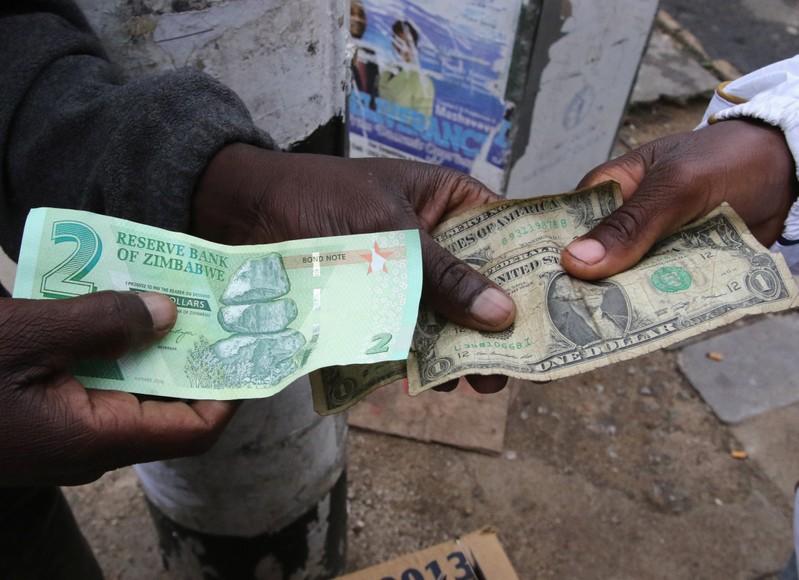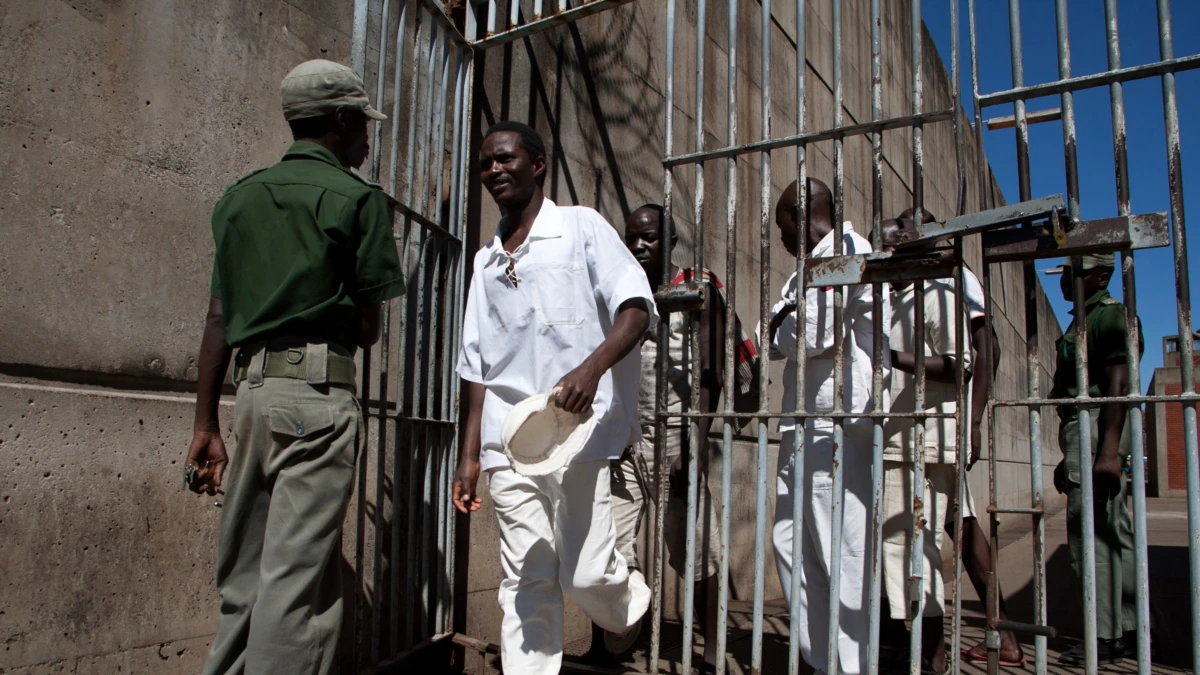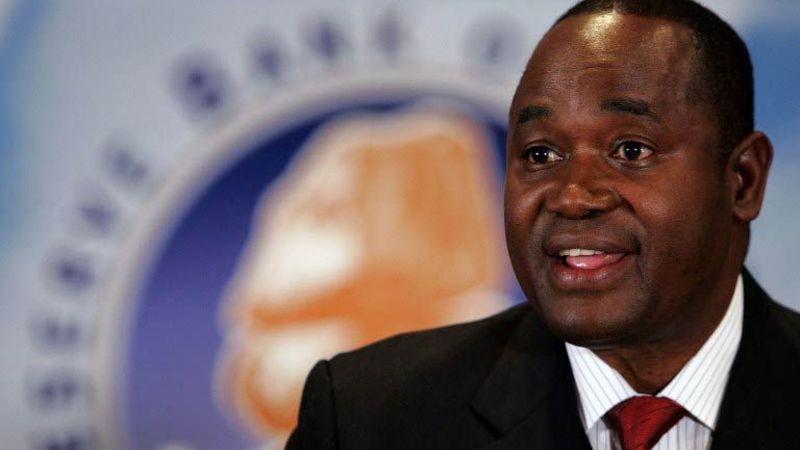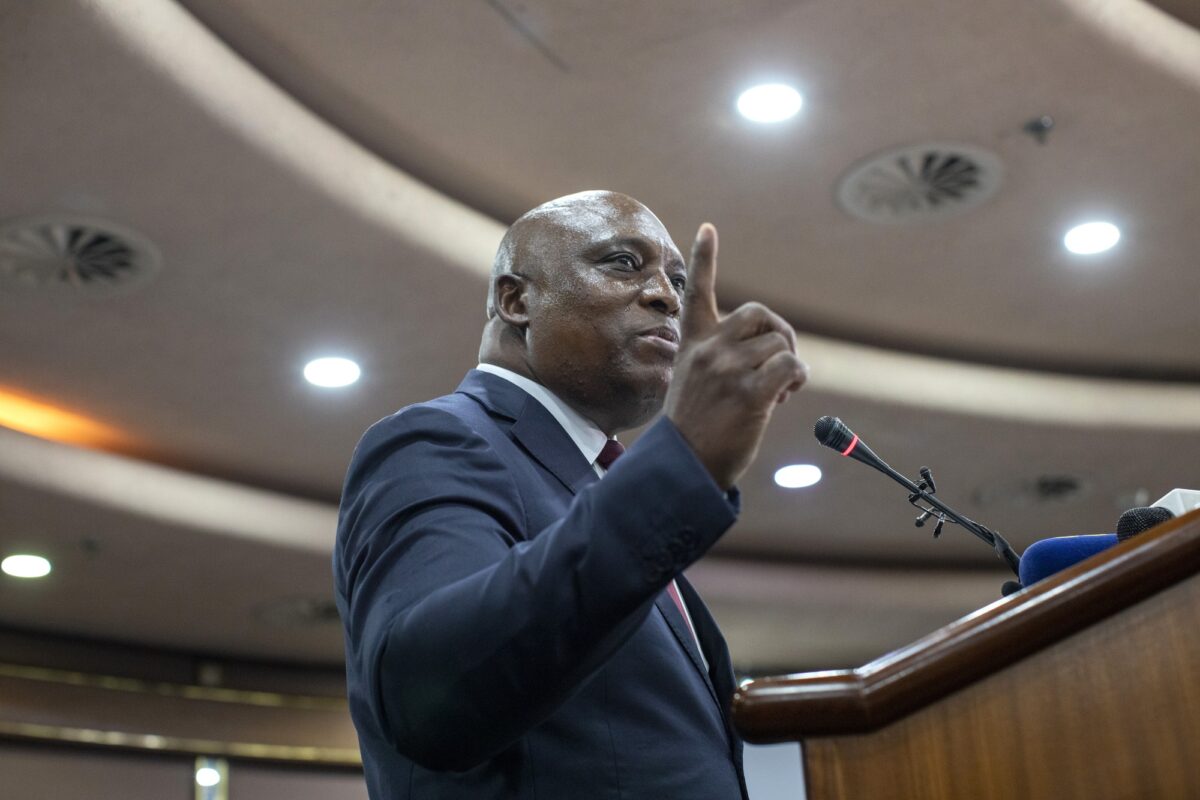HARARE – Zimbabwe’s new currency is expected to begin trading at around 2.5 to the U.S. dollar, Central Bank Governor John Mangudya said on Friday, a significant devaluation as the regulator attempts to stem chronic cash shortages.
The Reserve Bank of Zimbabwe (RBZ) on Wednesday said it would scrap a peg between its quasi-currency bond notes and the U.S. dollar, creating a new currency from the bond notes and notional electronic dollars known as RTGS dollars.
Trading on the Interbank market was due to begin on Monday, although Mangudya mentioned trading had started on Friday morning.
Mangudya, who unveiled his 2019 Monetary Policy Statement on Wednesday, had previously said banks would decide the opening trading rate. But the RBZ appeared to have had a change of heart on Friday, with the governor telling a conference organised by a newspaper that authorities had set a rate of 2.5.
Zimbabwe adopted the dollar in 2009 but, as a chronic hard currency shortage worsened, introduced a parallel system of bond notes that it pegged at 1:1 to the U.S. currency.
Effectively reintroducing a national currency, the Reserve Bank of Zimbabwe (RBZ) said on Wednesday it would carry out a “managed float” of the surrogate, which was exchanging at a rate of 1:4 on the black market on Friday.
The bond notes and electronic dollars, locked in individuals’ accounts for months due to a lack of cash, will be merged into a separate currency called RTGS – or real-time gross settlement – dollars, the central bank said.
Commercial banks reopened on Friday after the National Youth Day holiday, but with exchange facilities from bond notes to U.S. dollars at the same 2.5 rate limited to individual and corporate holders of foreign currency accounts, queues outside appeared to be no longer than usual.
Other members of the public should, in theory, be able to go to banks on Monday and buy U.S. dollars with bond notes or electronic dollars.
But it is not clear how many U.S. dollars the central bank, which only has enough foreign exchange for two weeks of imports, has sold to banks.
The bond notes and notional electronic funds have plummeted on Zimbabwe’s black market in recent months to around 4 per dollar.
Many foreign traders have stopped accepting bond notes as legal tender, leaving businesses such as millers, brewers and miners hamstrung.
Economists cautiously welcomed the central bank’s decision to allow its currency to devalue.
The RBZ hopes its new measures will temper demand for dollars on the black market and ease inflation as the new currency settles at fair value. – Reuters















